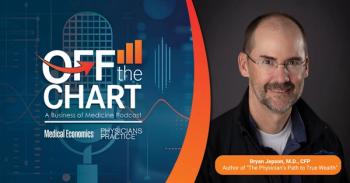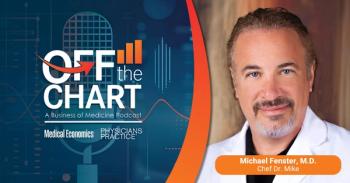
Why Nine Out of Ten Physicians Are Stressed
When you consider other mounting pressures in the medical world, it’s no wonder physicians can’t simply relax and enjoy their jobs.
A survey of more than 2,000 physicians taken in September reveals 86 percent of physicians consider themselves “moderately to severely stressed and/or burnt out.”
What’s more, nearly 63 percent of respondents to
We’re not surprised by this. Given the current economy, physicians aren’t the only professionals stressed out about work. And when you consider other mounting pressures in the medical world -
The result of this cumulative stress is declining job satisfaction: Fourteen percent of respondents indicated they had left their practice as a result of stress, according to the survey.
Lori Schutte, president of Cejka Search, said the survey results were in line with what she’s seen in the healthcare world.
“We generally think of physicians as people who are in high-income categories, so we think, ‘why would they have any worries?’” Schutte told Physicians Practice. “But I think the stresses that we hear about [include] an economy that’s unstable, a work pool that’s shrinking, a population that’s aging, and reimbursement.”
In addition to hearing “we’re going to pay you less” from the government, physicians are also dealing with a greater level of regulation from insurance companies in terms of the care they may provide.
“They’re restricting physicians’ access and clamping down on what they can or can’t do,” said Schutte. “It’s not like the days of Marcus Welby where the good doctor did what was good for the patient. That was the way we always pictured it. You never had someone say, ‘you have to get approval for that from X, Y, or Z.’”
For tips on how physicians can deal with stress, check out our
Newsletter
Optimize your practice with the Physicians Practice newsletter, offering management pearls, leadership tips, and business strategies tailored for practice administrators and physicians of any specialty.






